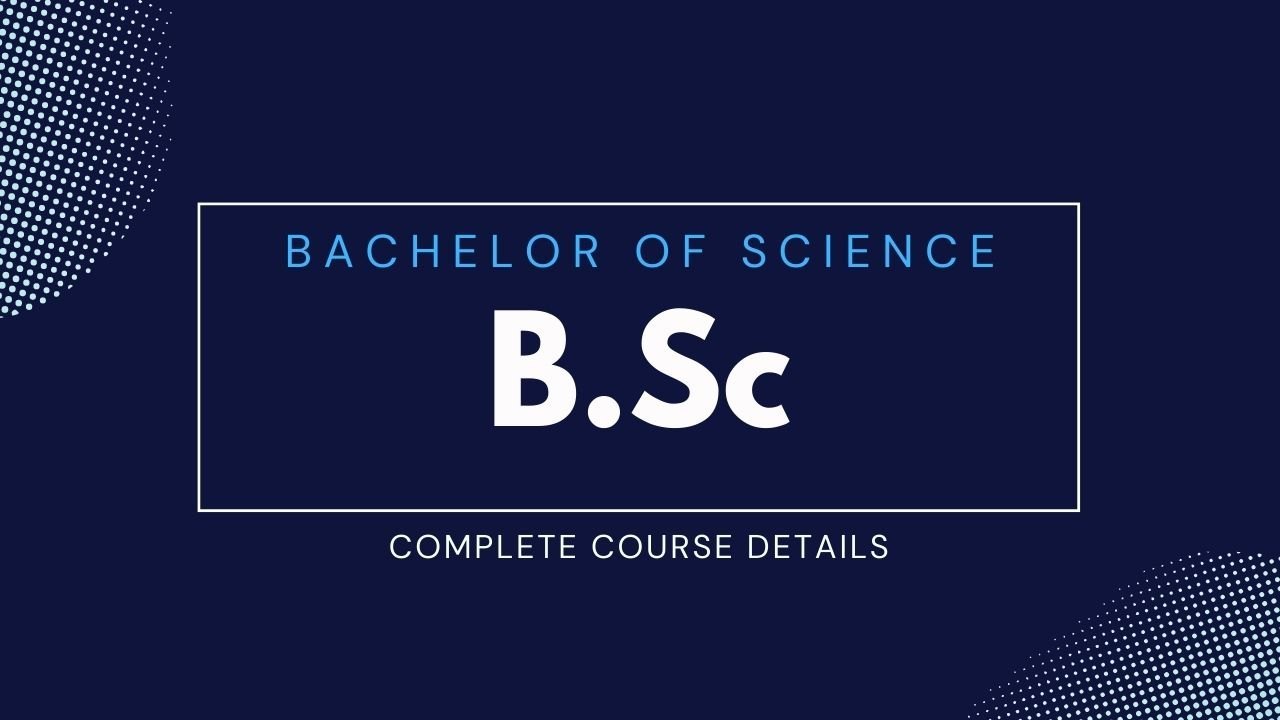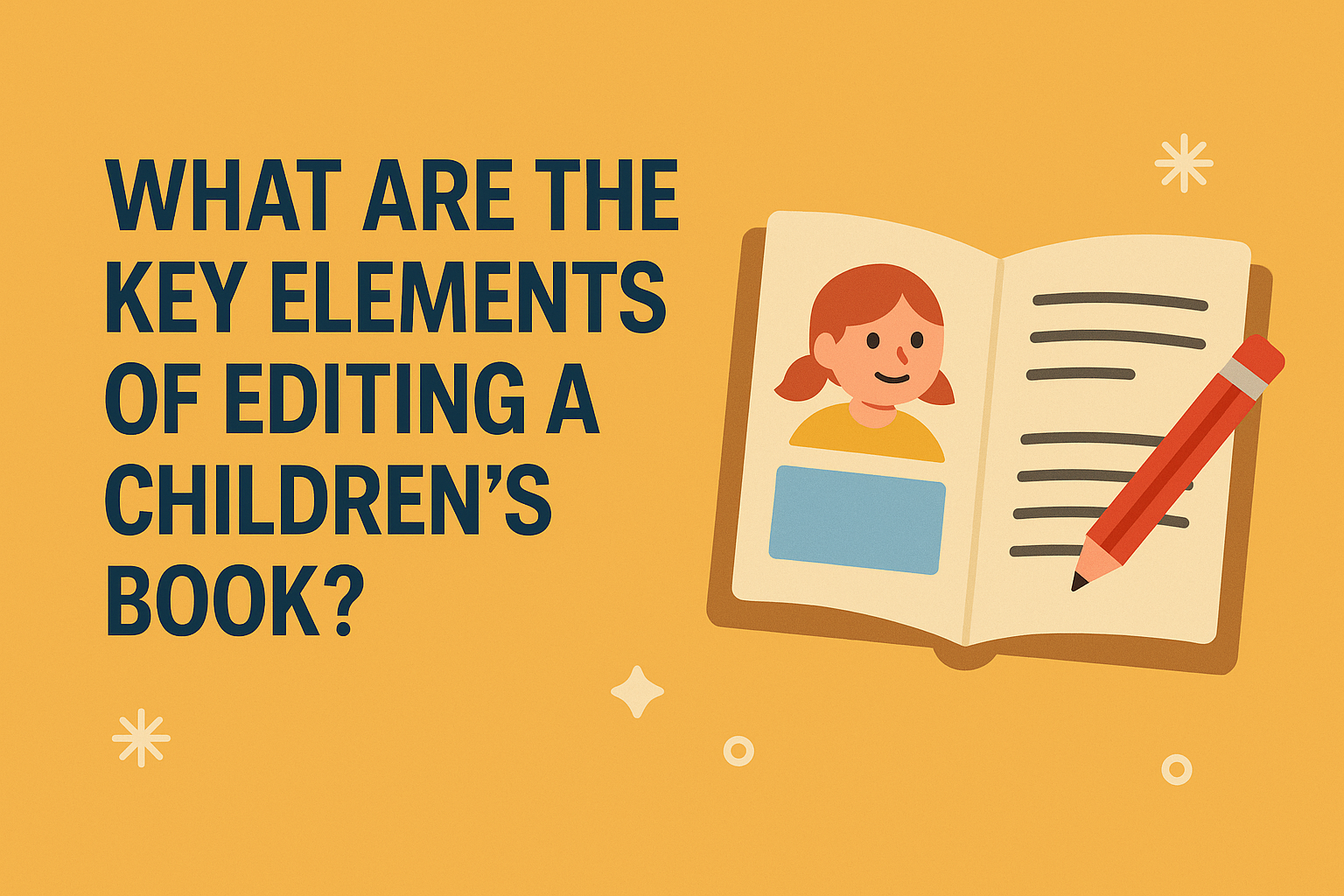Full Form of BSC: Insights for Career Counselors
When students come to career counselors with questions about their future, one term often stands out: BSC. For many, it’s a pivotal choice that shapes their academic and professional journey. But what does the full form of BSC mean, and how can career counselors guide students toward making informed decisions about this degree? Let’s break it down into manageable insights.
At its core, the full form of BSC is Bachelor of Science. It’s an undergraduate degree that has helped countless students carve out rewarding careers in science, technology, engineering, mathematics (STEM), and related fields. Yet, this degree is more than just a title. It represents opportunities, challenges, and a commitment to understanding the world through science. For career counselors, helping students navigate this path means providing clarity, addressing misconceptions, and aligning individual goals with academic programs.
Imagine this: A student walks into your office, unsure whether they should choose a BSC program or explore another option. They’re passionate about technology but also curious about biology. What do you say? The beauty of a BSC degree lies in its versatility. Whether it’s computer science, physics, environmental science, or even data analytics, there’s a specialization for every interest. Counselors play a key role in explaining how diverse fields under the BSC umbrella open doors to different career paths.
Now, let’s talk structure. Most Bachelor of Science programs span three to four years, depending on the country. The curriculum is often split into three parts: foundational courses, specialized subjects, and practical work. Foundational courses might include core subjects like math, chemistry, or biology. These lay the groundwork for deeper learning. The second phase allows students to specialize in their area of interest—say, artificial intelligence or genetics. And the practical aspect? It’s where theory meets the real world. From lab experiments to project work, students gain hands-on experience, which sets the BSC program apart from purely theoretical degrees.
The challenge for career counselors is identifying how this structure fits each student’s learning style. Some students thrive on practical work; others prefer academic research. Understanding these preferences makes it easier to recommend the right Bachelor of Science course. For instance, a student fascinated by coding might excel in a BSC in Computer Science, while another drawn to environmental issues could find their passion in BSC Environmental Science.
Here’s a fun analogy to explain the full form of BSC to a student: Think of it like building a house. The foundation (core subjects) ensures stability, the walls (specialized subjects) shape the structure, and the interior work (practicals) makes it livable. Each part is essential, and skipping one leaves the house incomplete.
Career counselors must also address a critical question: Why choose a BSC over other degrees like a BA or BCom? The answer lies in its focus. Unlike generalist degrees, Bachelor of Science courses delve into analytical thinking, problem-solving, and technical expertise. These skills aren’t just valuable—they’re essential in industries like IT, healthcare, finance, and research. For students who dream of becoming data scientists, lab technicians, or even astronauts, a BSC degree is often the starting point.
But let’s not sugarcoat it. Pursuing a BSC program comes with its challenges. The coursework is rigorous. Deadlines are tight. And balancing labs, lectures, and exams can be overwhelming. As a counselor, it’s your job to prepare students for the demands of this degree while reassuring them that the effort is worth it. The good news? Employers and postgraduate programs value the resilience and expertise that come with completing a Bachelor of Science.
One thing career counselors must emphasize is the global recognition of a BSC degree. Whether students plan to work locally or abroad, this qualification opens doors. For example, a BSC in Physics graduate can pursue advanced studies in Europe, while a BSC in Biotechnology student might find exciting roles in multinational pharmaceutical companies. The possibilities are vast, but so is the competition. This is where counselors step in, guiding students to choose specializations that align with industry demands and personal interests.
Let’s discuss affordability and accessibility. Not every student has access to elite universities, but the Bachelor of Science is offered by institutions worldwide—ranging from top-tier colleges to smaller regional universities. Counselors should help students evaluate factors like faculty, infrastructure, and placement records before making a choice. A student interested in AI might prioritize universities with strong computer science departments, while another keen on marine biology could look for coastal colleges with robust research programs.
Financial concerns also come into play. While scholarships and grants are available for BSC programs, not every student knows how to access them. As a counselor, you can guide them toward resources like government scholarships, university aid, and industry-sponsored opportunities. Remember, choosing a BSC degree isn’t just about academics; it’s about ensuring the decision aligns with practical realities.
Finally, let’s address a common myth: Is a BSC only for science geeks? Not at all. While the full form of BSC highlights its focus on science, the degree itself is flexible. Fields like data science, economics, and even environmental policy blur the lines between science and other disciplines. A student interested in societal issues might combine a BSC in Environmental Science with studies in public policy. Similarly, a tech enthusiast could use a BSC in Computer Science as a stepping stone into business analytics.
FAQs About the Full Form of BSC
Q: What does the full form of BSC stand for?
The full form of BSC is Bachelor of Science, an undergraduate degree focusing on science, technology, and related disciplines.
Q: What are the career options after completing a BSC?
Graduates can pursue roles in research, IT, healthcare, education, and environmental consulting. Popular career paths include data analyst, lab technician, software developer, and research scientist.
Q: Is a BSC degree globally recognized?
Yes, a Bachelor of Science is widely recognized, opening opportunities for further studies and employment worldwide.
Q: How do students choose the right BSC specialization?
Students should align their interests and career goals with available options. For instance, tech-savvy students might choose BSC in Computer Science, while nature enthusiasts might pick BSC Environmental Science.
Q: Are there scholarships for BSC programs?
Yes, many institutions and governments offer scholarships for Bachelor of Science programs, especially in high-demand fields like AI, biotechnology, and environmental science.
Q: Can students pursue non-science careers after a BSC?
Absolutely. Many graduates transition into interdisciplinary fields like data science, business analytics, and policy-making, leveraging their scientific expertise in broader contexts.
In conclusion, understanding the full form of BSC is just the beginning. For career counselors, the real work lies in helping students see how this degree can fit into their broader goals. Whether it’s breaking down course structures, exploring career paths, or addressing financial concerns, the role of a counselor is pivotal. So, the next time a student asks about the full form of BSC, you won’t just give them an answer—you’ll help them envision a future.













Post Comment